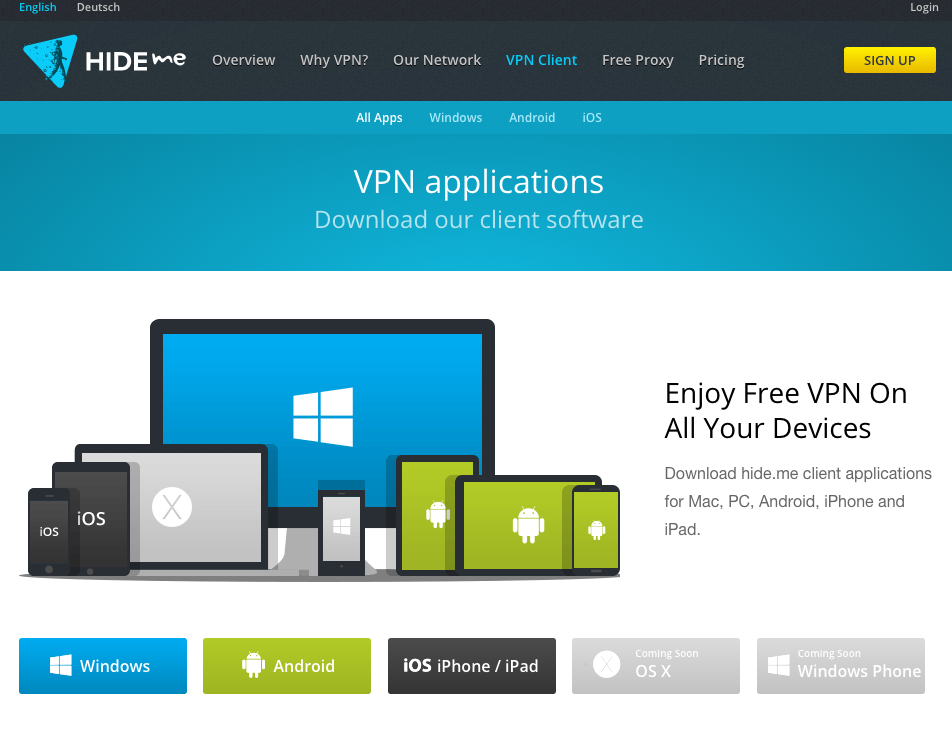Innovative Techniques For Accessing Blocked Websites: The Block Mirror Approach

Table of Contents
Understanding Website Blocking and Censorship
Website blocking takes many forms, and understanding these mechanisms is crucial to employing the Block Mirror Approach effectively.
Types of Website Blocks
Website blocks are implemented using various methods:
- Geographic Restrictions (Geo-blocking): Websites often restrict access based on your IP address, identifying your location and denying access if you're not in an approved region. This is common for streaming services, online stores with regional pricing, and content subject to copyright laws in specific countries.
- IP Address Blocking: Websites may directly block specific IP addresses or ranges associated with known malicious activity or users violating terms of service.
- Firewall Restrictions: Firewalls, both at the network and individual device levels, can be configured to block access to particular websites or domains based on pre-defined rules.
Why Websites Get Blocked
There are many reasons why a website might be blocked:
- Legal Restrictions: Governments and legal authorities may block websites containing illegal content, such as hate speech, copyrighted material, or information related to criminal activities.
- Security Concerns: Websites suspected of spreading malware or engaging in phishing activities may be blocked to protect users.
- Political Censorship: In some countries, governments censor websites that express dissenting opinions or challenge the ruling power.
- Network-level blocking by institutions (schools, workplaces): Many organizations block access to certain websites to improve productivity or maintain a safe online environment.
Innovative Techniques within the Block Mirror Approach
The Block Mirror Approach encompasses several effective techniques:
Using Proxy Servers
Proxy servers act as intermediaries between your device and the target website. They mask your IP address, making it appear as though you're accessing the website from a different location. There are different types of proxies:
-
Anonymous Proxies: Hide your IP address but may reveal some other identifying information.
-
Transparent Proxies: Don't hide your IP address; they primarily improve speed and security within a local network.
-
High Anonymity Proxies: Offer the highest level of anonymity, masking your IP and other identifying details.
-
Advantages: Enhanced privacy, bypassing geo-restrictions, accessing region-locked content.
-
Disadvantages: Speed limitations, potential security risks if using unreliable proxies, potential for logging of your activity.
-
Choosing a reliable proxy server: Look for proxies with strong reputations, positive user reviews, and robust security measures.
Leveraging VPNs (Virtual Private Networks)
VPNs create a secure, encrypted connection between your device and a VPN server. This effectively changes your virtual location, allowing you to bypass geographical restrictions and enhance your online privacy.
- VPN encryption: Protects your data from interception by encrypting your internet traffic.
- Reputable VPN providers: Choose a provider with a strong no-logs policy, reliable servers, and robust security features.
- Free vs. Paid VPNs: Free VPNs often have limited bandwidth, slower speeds, and may compromise your privacy. Paid VPNs generally offer better performance, security, and features.
Utilizing Mirror Websites
Mirror websites are exact copies of the original website, hosted on different servers. If the original website is blocked, accessing its mirror can provide access to the same content.
- Finding reliable mirror websites: Be cautious; unofficial mirrors may contain malware or inaccurate information. Verify the legitimacy of a mirror website before using it.
- Risks: Unofficial mirrors can be unreliable, contain malware, or compromise your security.
- Verification: Check the website's SSL certificate, look for contact information, and compare the content with known legitimate sources.
Employing Tor Network
The Tor network is a decentralized network that anonymizes your internet traffic by routing it through multiple relays. This makes it extremely difficult to trace your activity, effectively bypassing censorship and geo-blocking.
- Layered encryption: Tor uses multiple layers of encryption to protect your data as it travels through the network.
- Speed limitations: Tor can be significantly slower than a regular internet connection due to the routing process.
- Security considerations: While Tor is designed for anonymity, it's crucial to use it responsibly and be aware of potential security risks.
Best Practices and Security Considerations
Employing the Block Mirror Approach responsibly is essential to protecting your online security and privacy.
Choosing Secure and Reliable Methods
Always prioritize reputable VPN providers, proxy services, and verified mirror websites. Avoid free or unknown services that could expose your data to risks.
Protecting Your Privacy
-
Strong passwords: Use unique, strong passwords for all your online accounts.
-
Anti-malware software: Keep your anti-malware software up-to-date and regularly scan your devices.
-
Careful selection of online services: Be wary of suspicious websites and only use trusted services.
-
Risks of untrusted proxies or VPNs: Malware infection, data breaches, compromised privacy.
-
Website SSL certificates: Verify that websites use HTTPS and have valid SSL certificates to ensure secure connections.
-
Regular security updates: Keep your operating system, applications, and security software up-to-date.
Conclusion
The Block Mirror Approach offers several innovative techniques for accessing blocked websites, including using proxy servers, VPNs, mirror websites, and the Tor network. Each method has its advantages and risks. While these methods can help you bypass restrictions, it’s crucial to prioritize your online safety by choosing secure and reliable services and practicing good online hygiene. Explore the Block Mirror Approach today and regain access to your favorite websites! Remember to always prioritize security and choose methods carefully to ensure a safe and responsible online experience. Master the Block Mirror Approach for secure and reliable website access.

Featured Posts
-
 Buying Guide Best Black Decker Steam Irons On The Market
May 15, 2025
Buying Guide Best Black Decker Steam Irons On The Market
May 15, 2025 -
 Is Andors First Look Everything Star Wars Fans Have Wanted
May 15, 2025
Is Andors First Look Everything Star Wars Fans Have Wanted
May 15, 2025 -
 Ovechkin Oboshel Grettski I Leme Po Golam V Pley Off
May 15, 2025
Ovechkin Oboshel Grettski I Leme Po Golam V Pley Off
May 15, 2025 -
 Analyzing Player Ratings New York City Fc Vs Toronto Fc
May 15, 2025
Analyzing Player Ratings New York City Fc Vs Toronto Fc
May 15, 2025 -
 2025 Nhl Draft Lottery What Utah Hockey Fans Need To Know
May 15, 2025
2025 Nhl Draft Lottery What Utah Hockey Fans Need To Know
May 15, 2025
